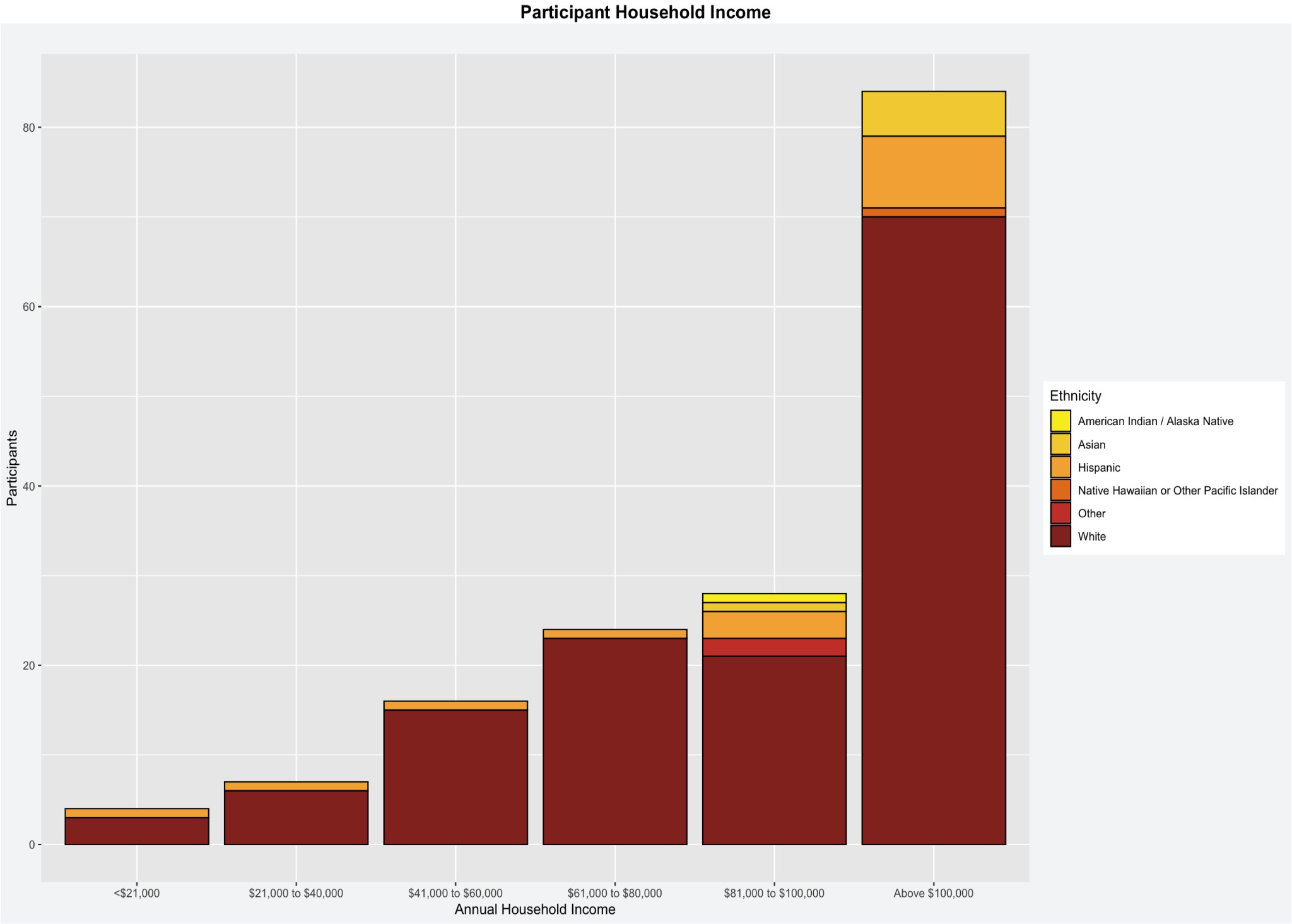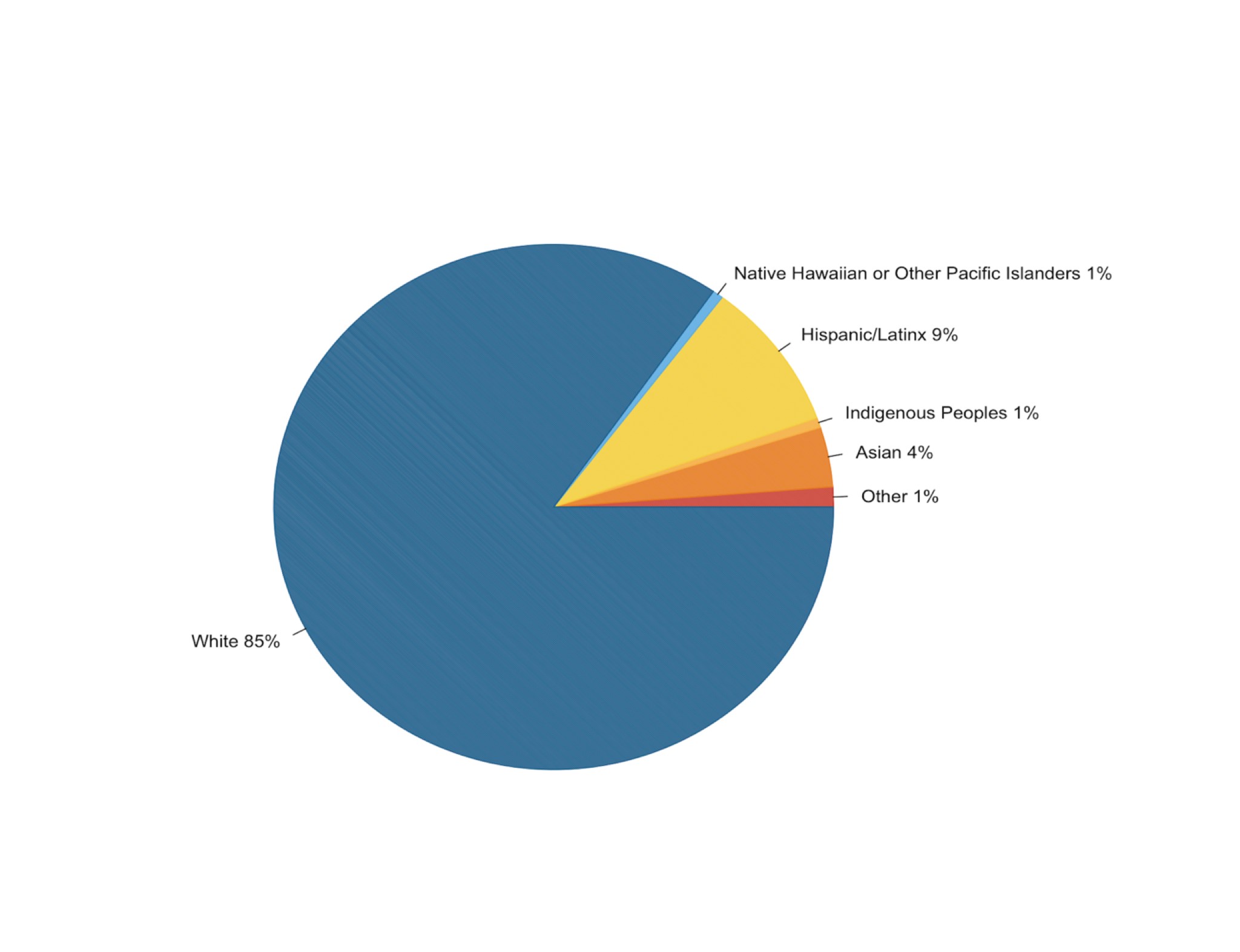School of Medicine
63 Barriers with Recruitment and Retention of Diverse Populations in Psychological Research
Melika Moeinvaziri and Scott Langenecker (Psychiatry)
Faculty Mentor: Scott Langenecker (Psychiatry, University of Utah)
Introduction/Background
Psychological Research has struggled to recruit and retain individuals of more diverse populations. While diverse populations contribute valuable information to research, many individuals of these backgrounds do not participate in research. Many of these research labs’ participants are white and wealthy, which does not match up with the average population’s demographics. Participants in research should reflect the diversity of our culture and conditions, taking into account race, ethnicity, gender, age, etc. The lack of diversity among research participants has serious ethical and research consequences (Palmer & Burchard (2022)). Research demographics should reflect the diverse population that we have in the United States and all over the world. The purpose of this study is to examine the barriers to the recruitment and retention of a diverse population in psychological research. This study will examine how these barriers affect psychological research and how we can improve access and retention of more diverse populations.
Demographics of the Lab

 Lab Experiences/Anecdotes
Lab Experiences/Anecdotes
Recruitment
- What have you noticed works best with keeping people involved in studies?
- Tenacity, patience, and flexibility with teens. -What is most important to consider when recruiting for a study?
- To not have recruitment bias, such as only recruiting from one school district or only targeting certain populations that are not meant to be targeted (recruiting only white people when we mean to recruit a diverse representative sample) -How do you plan on recruiting more people of color into your studies?
- We are looking to continue to partner with community agencies. We will look to advertise directly to youth from minority communities. We will create social media and web materials to promote our drive toward inclusivity and diversity. We will work with volunteers and youth from POC communities to brainstorm strategies.
Retention:
- What have you noticed works best with keeping people involved in studies?
- I think efficiency is appreciated, if we lose contact with them or aren’t flexible with scheduling they will often not want to keep in touch as we are showing them they are unappreciated or not a priority.
- With POC, Have you noticed some things work better than others when trying to keep them involved?
- I think many of our efforts are more cookie-cutter and not necessarily targeted to keep certain groups in the study. So it seems to me that flexibility and extra communication are things that are more naturally used in families who seem to be struggling interpersonally or financially, and these families are unfortunately disproportionately POC.
Ways to Improve
To better retention with those lower SES, we can offer hardship payments and other types of compensation. Face-to-face events can also help families be able to see and interact with labs and understand what the labs are doing.

